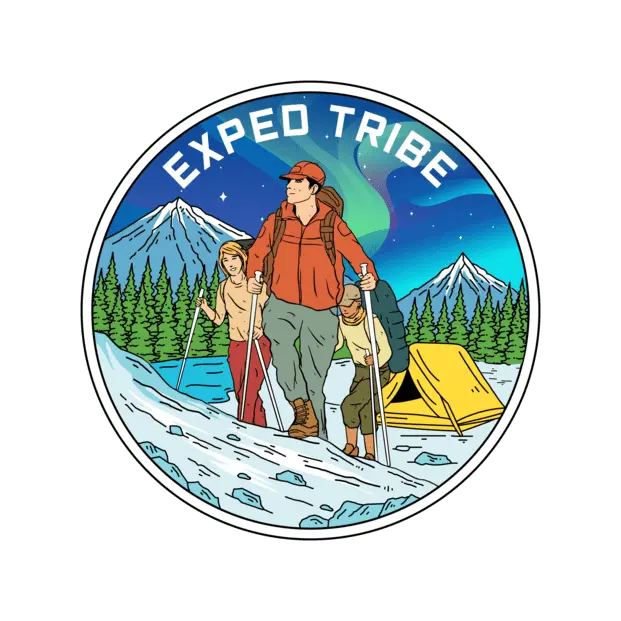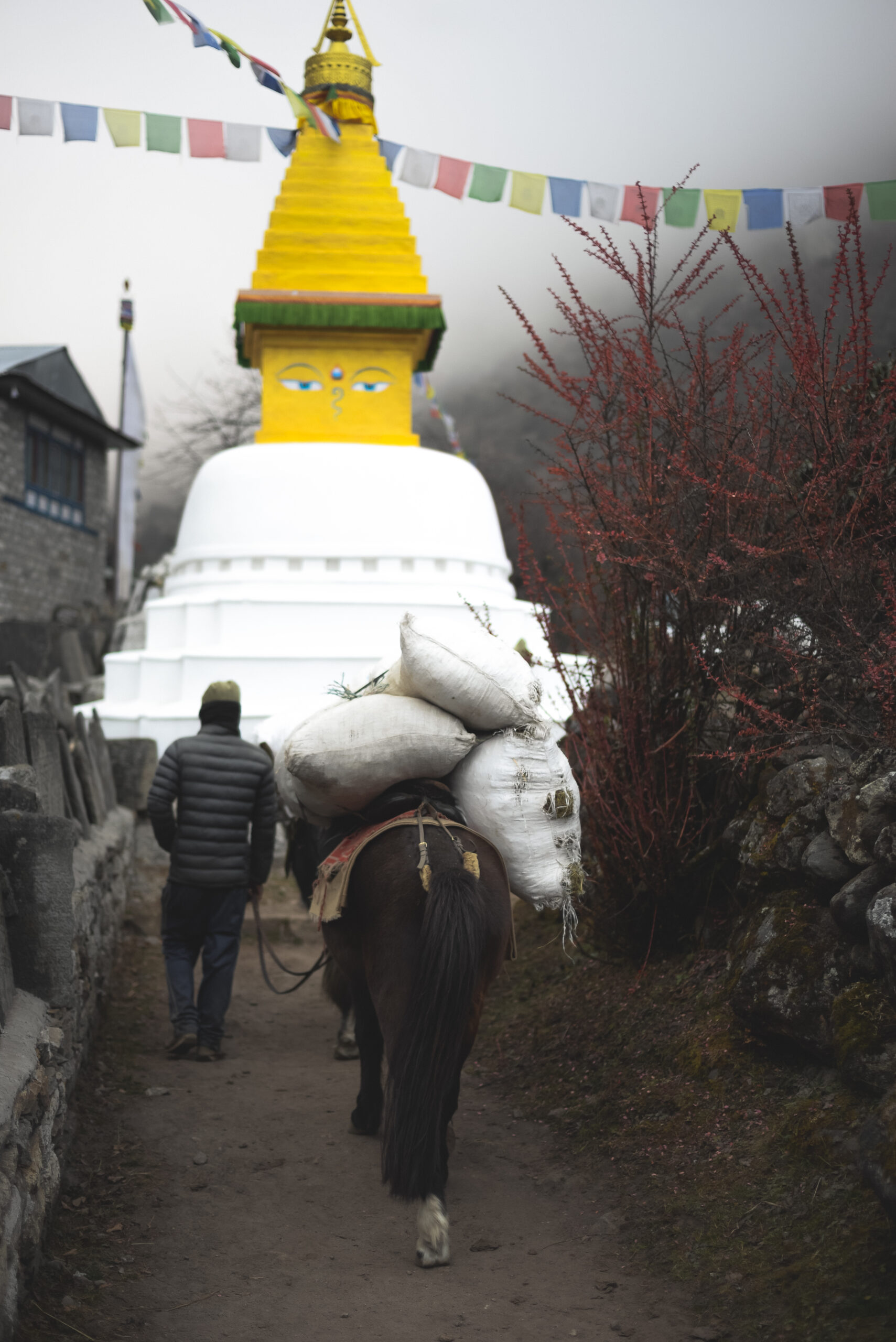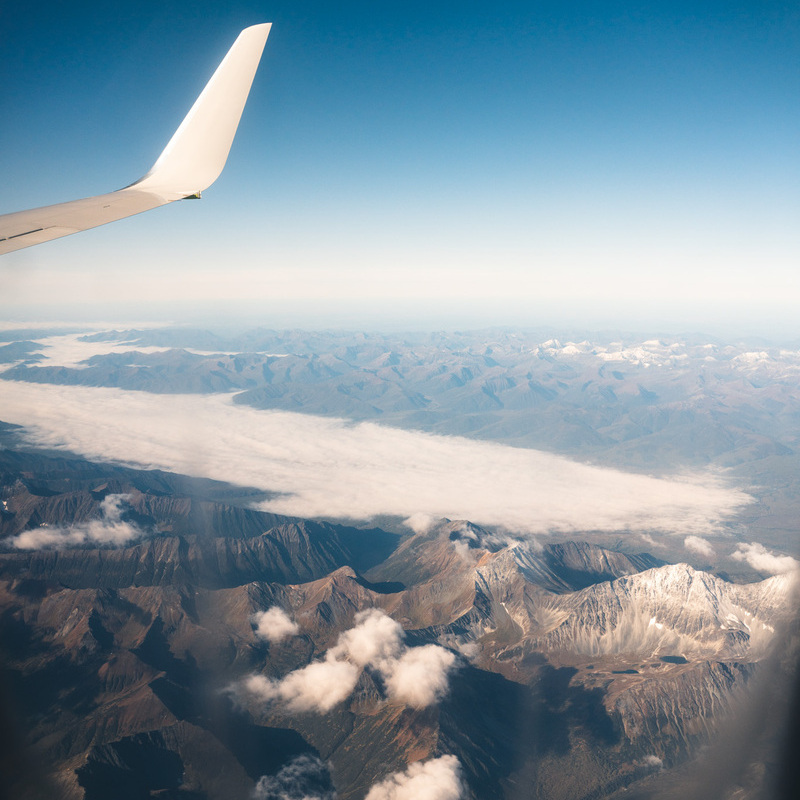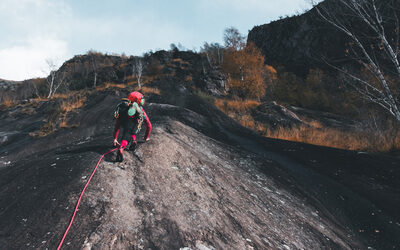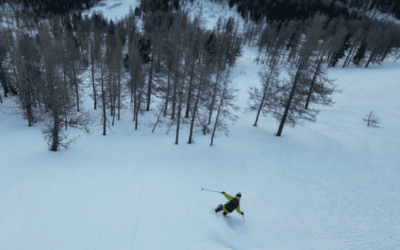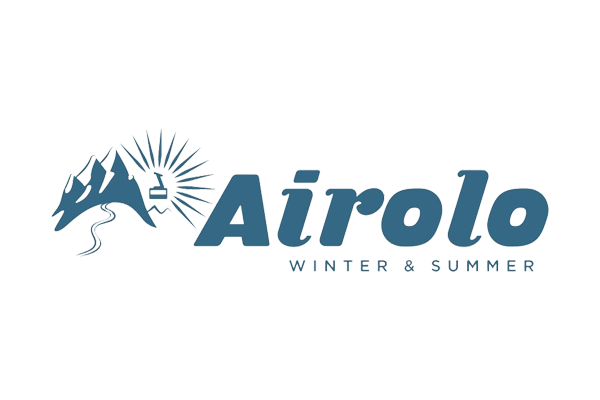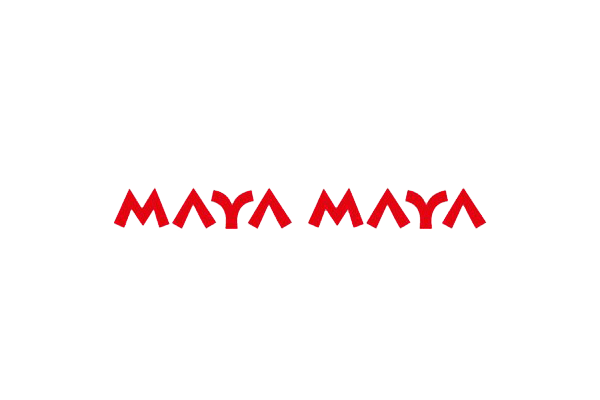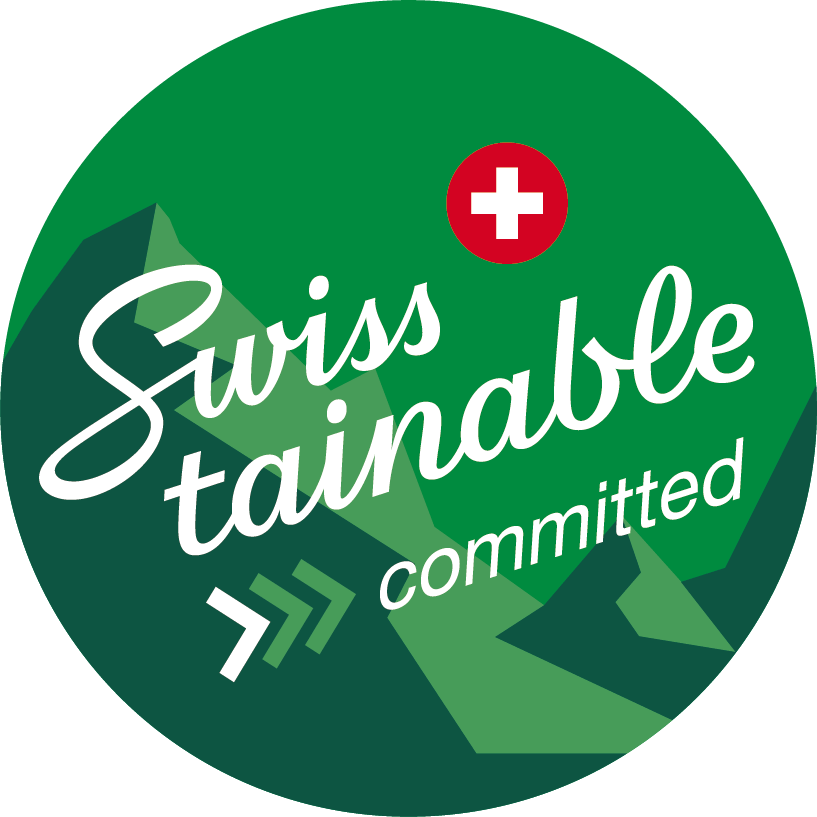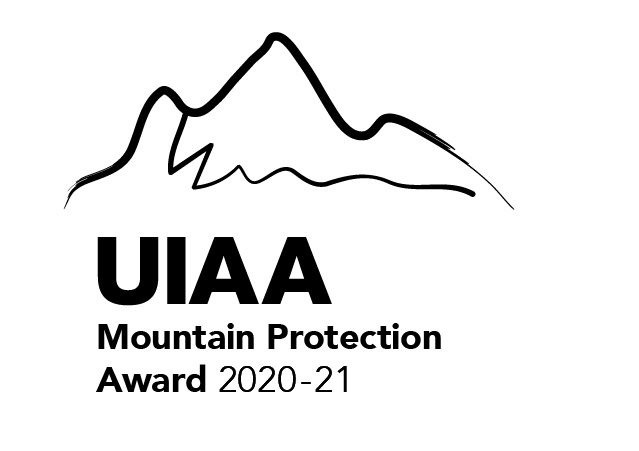NEPAL Island Peak Climb
Trip type: Trekking, High altitude mountaineering
Duration: 18 Days
Height: 6189 m
Country/Region: Nepal, Khumbu
Price: from 3’695.00 CHF p.P.
Participants: 2-8
Dates
or on request
Our Island Peak Expedition is a special hike and high-altitude climb that combines the ascent to Island Peak at 6189 m with a visit to the famous lakes in the Gokyo area.
Requirements:
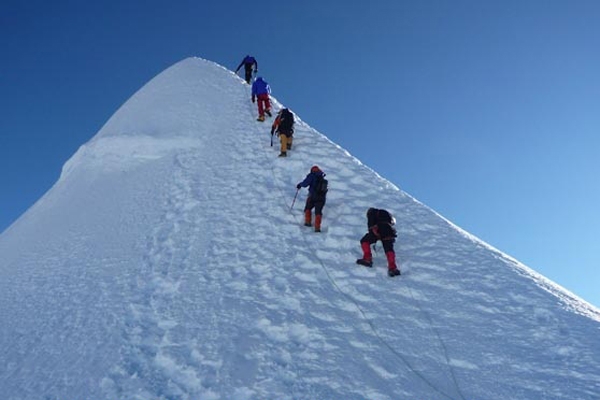
Hiking

Up to 6 Hrs./Day
Wild camping

Experience advantageous
Adaptability

Necessary. Adventurers are required here!
Fitness

Fit enough to carry a 14 Kg heavy backpack
Island Peak Climb 6189 m – Your High Altitude Trek in the Nepalese Eden
Island Peak got its name in 1952 from the expedition of Eric Shipton, who thought it resembled an island in a sea of ice. It is also known by its Nepalese name Imja Tse. The mountain is an extension of Lhotse Shar and is located between the glaciers Lhotse and Imja and rises to 6189 meters.
We start in Lukla and hike slowly up the Dudh Kosi valley. After a few days of hiking, we turn to Gokyo and after climbing Gokyo Ri to enjoy fantastic views of Cho Oyu and Everest, we then cross Cho La and descend to Dingboche to prepare for the ascent to Island Peak. For the ascent of the peak, we take the standard route. The last ridge is a classic of its kind and from the summit we can enjoy fabulous views of many Himalayan giants, including the mighty south face of Lhotse and the huge peak of Ama Dablam. On the way we will spend the night in tea houses and in 2-person tents at the base camp.
Together on the Island Peak, Imja Tse
Island Peak, also known as Imja Tse, is one of the most popular trekking peaks in the Khumbu region of eastern Nepal. With an elevation of 6189 m (20305 feet), it is a prime choice for experienced climbers and trekkers seeking the challenge of a summit climb in this majestic mountain region.
Your benefits with Exped Tribe:
Local and multilingual trip leader
Support member
who will document the trip with professional recordings and look after your well-being. You will receive drone videos, photos and much more as a souvenir of your adventure.
Small groups
of max. 8 participants. Increased flexibility, familiar atmosphere and harmonious get-together. We do our best to ensure that all participants have an incredible adventure! We conduct expectation phone calls and pool participants who have similar expectations and abilities. We are happy to accept special requests!
Vegetarian friendly
We offer Alpine gourmet cuisine, completely without meat/fish!
Co2 compensation
Planting of several trees per participant. You will receive a certificate of your trees and will be able to follow their growth.
Rental materials
Cost-effective rental materials such as sleeping bags, climbing equipment and much more are available.
Planned itinerary of the Island Peak climb
Important info about your Island Peak trip
Clothing
- Hard shell jacket
- Down jacket
- Functional underwear
- Long and short hiking pants, quick drying
- Long and short shirts, fast drying
- Soft shell or fleece jacket
- Hat, gloves
Miscellaneous
- Sunglasses
- Sun and lip cream
- Drinking bottle and thermos flask
- Poss. camera and powerbank
- Backpack (80-110l)
Technical Equipment
- Telescopic poles
- Suitable mountain boots with inner shoe (we will be happy to advise you) and hiking boots/trail shoes
- Gaiters
- Crampons (12 prongs)
- 3 pear-shaped carabiners
- Climbing harness
- 1 Jumar device (ascender)
- abseiling device – like a tuber, reverso or ATC
- Cordelette for the third-hand knot during rappelling
- “Cow tail” made of dynamic webbing sling/rope (10-11 mm diameter)
- Warm gloves
- Thick mittens
- Ice axe
- Helmet
For the overnight
- Warm sleeping bag (comfort temperature -15°)
- Sleeping mat (Insulated)
- ISO mat
- Headlamp
- Toiletries (reduced to the minimum)
- Other camping material, if available
Included
- Local English speaking trekking guide and mountain guide + Exped Tribe tour guide
- Full board
- Overnight in teahouse and huts along the trail, tent accommodation on the climb, hotel on arrival and departure
- All transfers from Kathmandu, Nepal
- Professional photo reportage and videos
- An activity to support the local community
- Group supplies (expedition tents, stove, etc.)
- Co2 offset with the planting of 10 trees/participant
- Accommodation in Kathmandu for 3 nights, including breakfast, in a 4-star hotel, accommodation during the trek in teahouses/lodges and at base camp in a 2-person tent
- Air tickets: Kathmandu – Lukla – Kathmandu including airport tax
- porters (one porter for every 2 participants)
- Entrance fee for Sagarmatha National Park and Khumbu permit fee
- Applicable local and state taxes
- Welcome dinner in Kathmandu
Excluded
- Travel to and from the destination country
- Private insurance with coverage of return transportation costs
- Alcoholic beverages
- Tips for local activities and local guide
- Visa on arrival in Nepal
- Meals in Kathmandu, except welcome dinner and breakfast at hotel
- Everything that is not listed under “Included”
Catering
- Snack (not included, serves to replenish the energy balance): This is taken between breakfast and dinner and is carried for an appropriate number of days. Dried fruit, chocolate, cheese, wholemeal bread and energy bars are good choices. Remember not to make your backpack too heavy.
- Full board (included): Out of commitment to animal welfare, we do not offer fish/meat on our tours. Nevertheless, you can of course order what you like best at the local restaurants, be it vegetarian or of animal origin. You are also welcome to bring and eat your food of animal origin at any time.
Rental Material
- Telescopic poles, CHF 55.00
- Expedition backpack (90-110l), CHF 80.00
- Sleeping bag, CHF 180.00
- Climbing material, CHF 80.00
Others, Add-ons
This adventure can be complemented with the following if desired:
- Kathmandu Culinary Tour
Kürzliche Trips
Erfahre mehr über unsere einzigartigen und erstaunlichen Erlebnisse.
Edelrid: new rope party with Exped Tribe
Today we are proud to present our new partner for technical equipment Edelrid! The Edelrid brand needs no introduction to mountaineers and climbers: founded in 1863, the rope factory is now known worldwide for its high-quality equipment, whether for ice climbing,...
Freeride Airolo: How the cozy Ticino ski resort is becoming a Swiss freeriding mecca
Have you ever heard of Airolo? Then it's about time you got to know this small Ticino ski resort! Because in recent years, Airolo has developed into a true paradise for freeride enthusiasts.Introduction: Airolo, the new Swiss Mecca for freeride enthusiastsThe...
Affiliate Partner Program: A Clear recommendation!
Our mission at Exped Tribe is to enable adventurers and like-minded people to not only make new friends while traveling together, but also to experience unforgettable moments off the beaten track. Discover the adventure of a lifetime with Exped Tribe in exotic...
